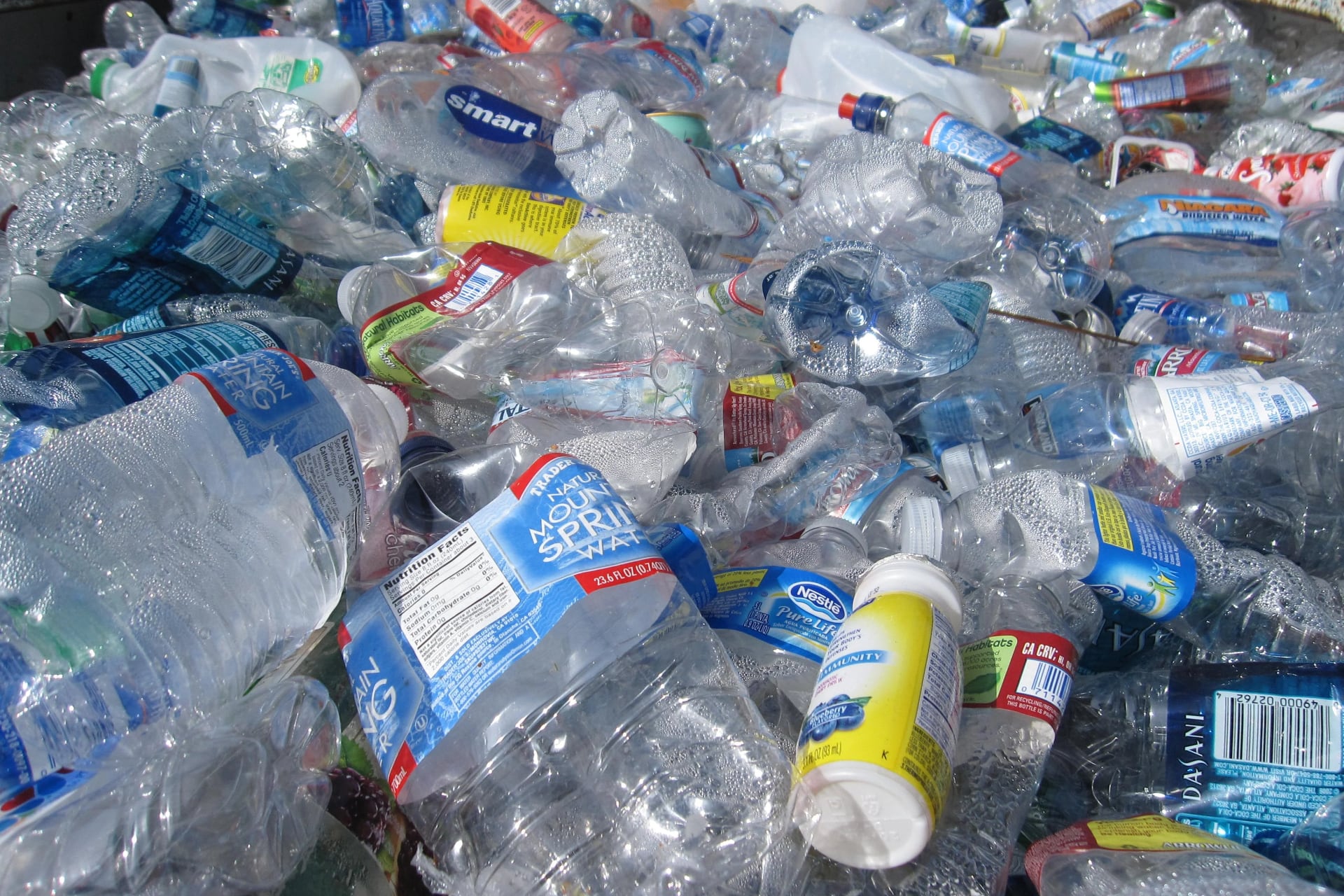The growing dependence on single-use plastics has led to many environmental issues. These disposable plastics, which are used for only a short period before being discarded, have contributed significantly to the pollution of our oceans, the endangerment of marine life, and the acceleration of climate change.
In this post, we will explore what single-use plastics are, how they came to be, and their detrimental effects on our environment. We will also discuss studies and statistics highlighting the urgency of addressing this global issue.
What Are Single-Use Plastics?
Single-use plastics, also known as disposable plastics, are plastic products designed to be used once and then thrown away. They include plastic bags, straws, coffee stirrers, soda and water bottles, and food packaging. These plastics are typically made from fossil fuels, such as oil and natural gas, and are not biodegradable, meaning they do not break down naturally in the environment.
The Origin and Rise of Single-Use Plastics
Plastic development and mass production began in the early 20th century, with rapid growth in the post-World War II era.
However, it was not until the 1960s and 1970s that single-use plastics truly took off, as consumer culture and disposable products became more prevalent. The demand for convenience and the "throwaway" mentality has since led to the exponential growth of single-use plastics, with global production reaching 359 million metric tons in 2018.
Between 1950 and 2015, global plastic production increased from 2 million to 381 million metric tons per year.
According to a 2017 study published in Science Advances, only 9% of the 8.3 billion metric tons of plastic produced has been recycled, with 79% ending up in landfills and the natural environment.
The Impact of Single-Use Plastics on the Environment
1. Marine Pollution
Single-use plastics are one of the primary contributors to marine pollution. It is estimated that around 8 million metric tons of plastic waste enter the oceans annually.
According to a 2014 study published in PLOS ONE, roughly 5.25 trillion plastic particles are floating in the world's oceans, weighing 268,940 tons. Marine animals, like sea turtles, seabirds, and mammals, often mistake plastic debris for food, leading to ingestion and entanglement.
Plastic ingestion can cause blockages in the digestive system, leading to malnutrition and even death. A 2015 research published in the Proceedings of the National Academy of Sciences found that 90% of seabirds have ingested plastic, and this number is projected to reach 99% by 2050.
2. Greenhouse Gas Emissions
The production and disposal of single-use plastics significantly contribute to greenhouse gas emissions. Based on a 2019 report by the Center for International Environmental Law (CIEL), the emissions from plastics will reach 1.34 gigatons per year by 2030, equivalent to the emissions produced by 295 new coal-fired power plants.
3. Microplastics
As plastics break down into smaller particles, they become microplastics, which are less than 5mm in size. These tiny particles have been found in various ecosystems, including soil, freshwater, and the oceans.
A research study published in Environmental Science & Technology journal estimates that between 109 and 730 thousand metric tons of microplastics are released into European agricultural soils annually.
Microplastics can also enter the food chain and have been seen in seafood, salt, honey, and even beer.
What Can We Do About Single-Use Plastics?
To combat single-use plastics, individuals can decrease their consumption, purchase biodegradable bags as an alternative, recycle properly, participate in clean-ups, and support eco-friendly businesses. This involves using reusable options, following local recycling guidelines, joining clean-up initiatives, and buying from sustainable companies.
Companies can also join the movement and minimize plastic waste by implementing sustainable and compostable packaging, encouraging reuse and recycling, and collaborating with other businesses and organizations to promote plastic reduction initiatives.
Lastly, governments can use their power to impose regulations on plastics, such as banning or taxing single-use plastics, improving recycling infrastructure, supporting research and innovation, and setting targets and laws for plastic reduction and recycling.
Not All Heroes Wear Capes - Some Reduce Their Plastic Usage
Single-use plastics have become a major environmental problem, significantly impacting wildlife and human health. However, reducing our reliance on these products and supporting green alternatives help protect the environment and create a more sustainable future.
We must take action now before it's too late. So if you want to save the earth by reducing your plastic waste, see if compostable and biodegradable garbage bags are right for your kitchen trash.
Join the fight against plastic pollution and switch to Plastno's compostable trash bags! Made with plant-based materials, our bags are safe for the planet and perfect for everyday use. Make a difference in your household waste, and choose sustainability today.






Share:
7 Benefits of Biodegradable Plastics: A Comprehensive Guide
Everything You Need To Know About Using Compost Bags